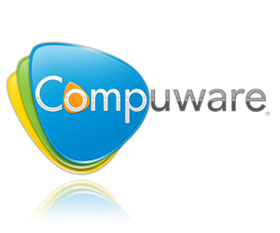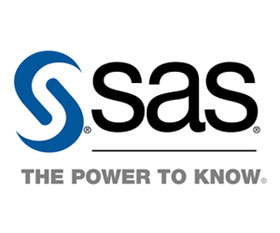DOC prioritises e-education
Communications minister, Roy Padayachie, says his department has prioritised the provision of computers and broadband connectivity to schools across the country.
Speaking at the opening of a Cyberlab in Nongoma, Kwazulu-Natal, Padayachie noted that providing schools with computers and other equipment was part of government’s efforts to ensure ICTs contributed to development in under-serviced communities.
“This is in line with the department’s responsibility to ensure universal service and access to ICTs by all South Africans. The Department of Communications (DOC) has as a result partnered with the Department of Basic Education to develop a Connectivity Plan for schools that seeks to provide broadband connectivity to all schools through the establishment of a dedicated educational network,” he explained.
This Cyberlab has 20 networked computers, loaded with open source software such as Open Office and educational software as well as interactive educational software from Mindset, which includes FET English, Maths and Science.
In addition to this the Lab is also equipped with a printer, a data projector and screen for presentations, and speakers. Partners in the programme include the Universal Service and Access Agency of South Africa (USAASA), Uniform SA, Mindset, NetDay Association and Intel who sponsored the computers, software and other equipment.
Padayachie emphasised the role of ICTs in rural development, including the creation of job opportunities by improving e-skills through the e-skills Institute initiative.
The department has already developed an ICT Rural Development Strategic Framework, which Padayachie says will guide the country as it invests resources to achieve this national strategic goal. The Strategy also seeks to align initiatives within the DOC with the overall government strategic outcomes as contained in the Medium Term Strategic Framework.
Padayachie explained the ICT sector would contribute through greening initiatives, the diffusion of new technologies to SMEs and households; support for Research and Development, and reducing the costs of infrastructure and services in an effort to increase access and usage of broadband services.
“Access to technology is crucial to our country’s growth and we hope that programmes such the one we are witnessing today will enable our youth to acquire skills and knowledge to allow them to compete in the global stage. We are proud that today’s youth are given devices that enable them dream, because only when you dream can you achieve and thereby contribute to the greater good of society, both socially and economically,” he said.




